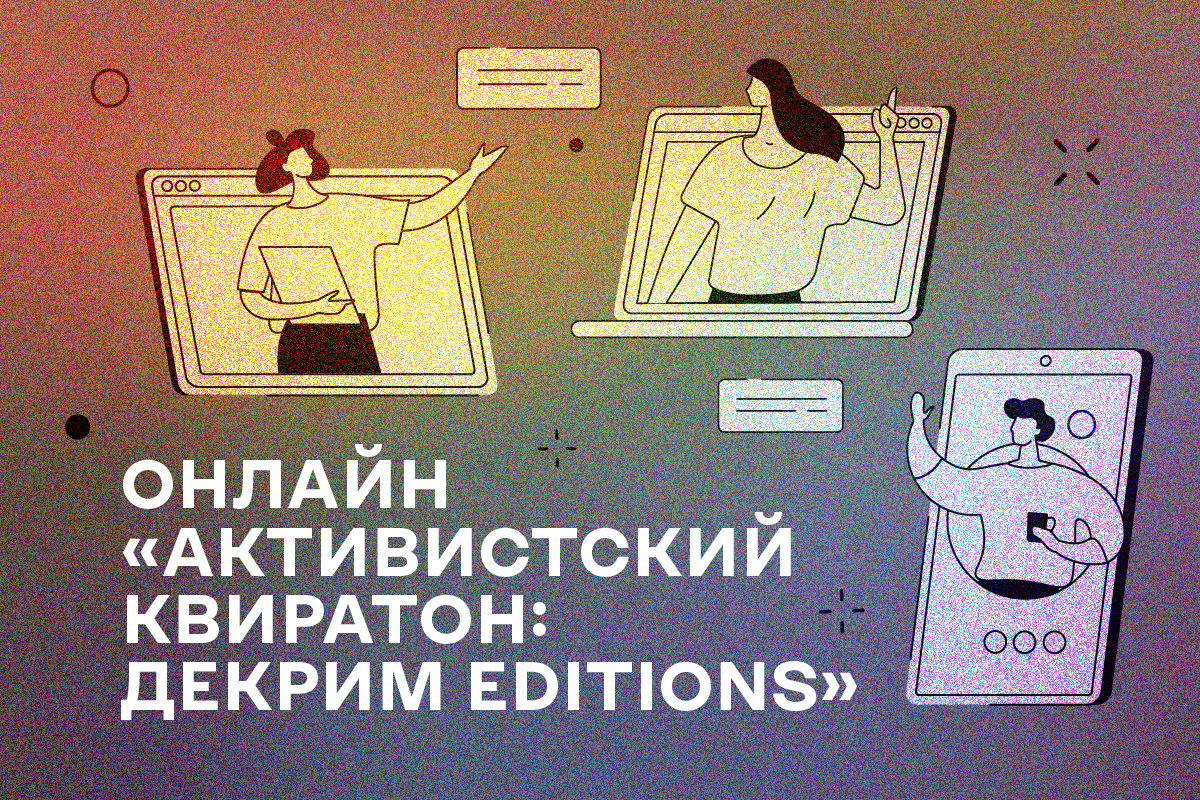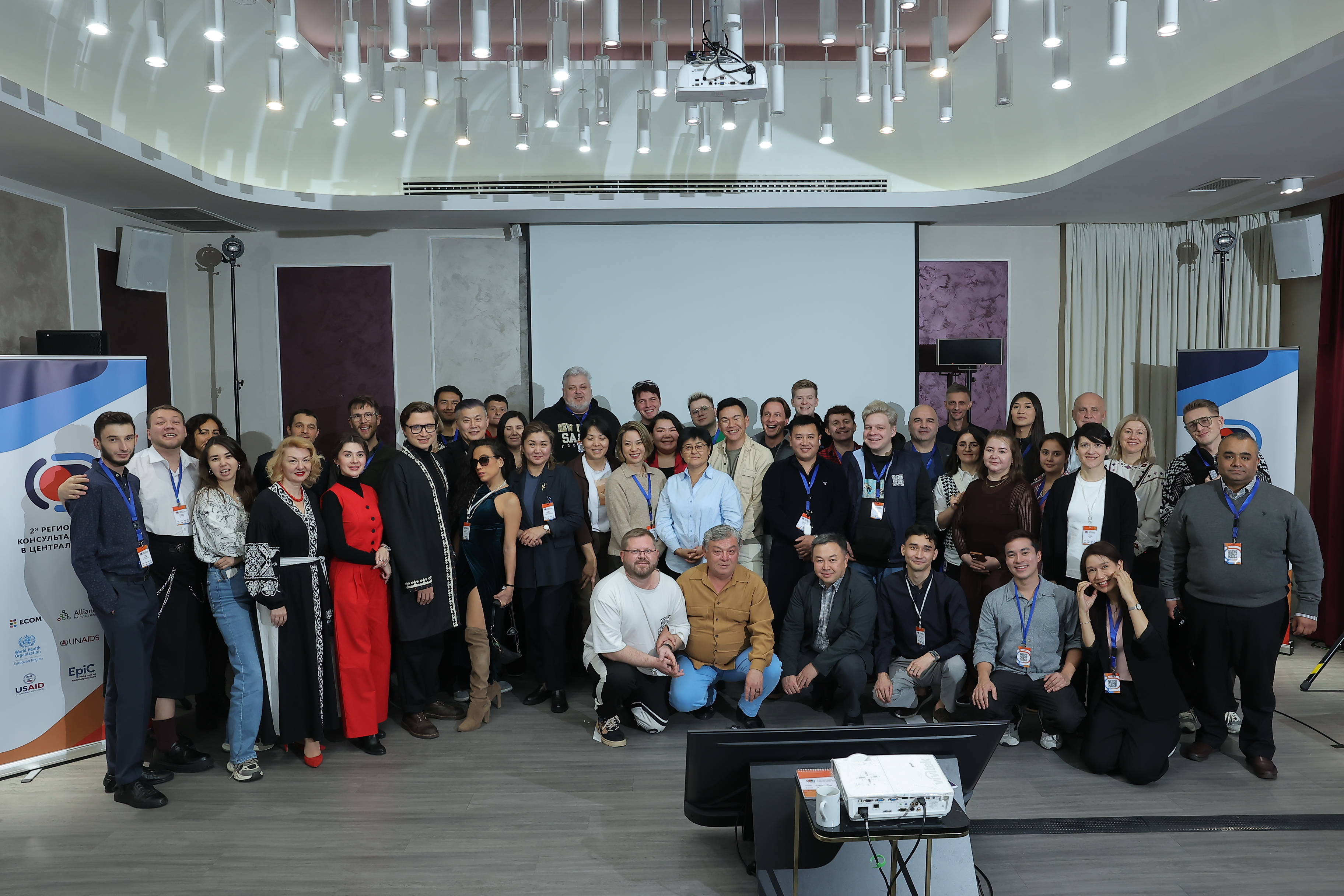In World Aids Day, Eurasian Coalition on Male Health (ECOM) declares its position on involvement of MSM and trans* people in the decision-making processes in the area of HIV and community engagement in Central, Eastern Europe and Central Asia.
Position paper:
Involvement of MSM and trans* people in the decision-making processes in the area of HIV and community engagement
The studies[1], conducted within the regional program “Right to Health”, implemented by the Eurasian Coalition on Male Health (ECOM) with financial support of the Global Fund to Fight AIDS, Tuberculosis and Malaria, demonstrated that men who have sex with men (MSM) and trans* people have a low impact on planning and management processes related to the responses to the HIV epidemic in five countries of the Central and Eastern Europe and Central Asia (CEECA): Armenia, Belarus, Georgia, Kyrgyzstan and Macedonia.
In accordance with the data presented in the epidemiological review prepared by ECOM “HIV among MSM in Eastern Europe and Central Asia” 2017, HIV prevalence among MSM in the region continues to grow (Figure 1), it has already achieved the level of concentrated epidemic in many countries – amounting to 5.7% in Belarus, 6.6% in Kyrgyzstan and 25.1% in Tbilisi, Georgia.
At the same time, strategic information about HIV among MSM and trans* people is currently incomplete or outdated, while information on the size of trans* people population is missing. There is also no information to develop a comprehensive cascade of services.
In each of the five countries, at least one seat in the Country Coordinating Mechanism (CCM) belongs to MSM representatives. Despite the fact that one vote does not always influence the decision-making process, the community has an opportunity to speak about the needs of MSM in the context of HIV at the government level. Nomination and election of the candidates to become CCM members follows an open and transparent procedure.
In some countries, community representatives elected into the CCM poorly inform their communities about the activities and decisions of the CCMs.
In all five countries there are no legislative barriers hindering registration of the LGBT organizations, with the exception of Belarus, where due to the homophobic government policy community-based organizations may not be officially registered. Thus, the organizations have to register without mentioning the LGBT community in the areas of their activities.
For the LGBT organizations working in those countries the health issues are not a priority, and only a few of them offer HIV services for MSM and trans* people. The LGBT organizations mainly implement activities in the area of LGBT human rights and ensure monitoring of the violations based on sexual orientation and gender identity.
There are no targeted HIV prevention programs for trans* people in any of the five countries, however, some countries work with the issues of human rights and health of trans* people.
Almost in all the countries, legislation stipulates allocation of funds for civil society organizations through the social contracting mechanism. However, for example in Georgia strict bidding procedures make it not possible for young organizations to take part in such bidding processes. Currently, none of the NGOs in five countries receives any government funding to implement HIV prevention programs for MSM or trans* people. Only Macedonia, where the government has revised the annual HIV program for 2017 to allocate funding for prevention activities among key populations including MSM, may be viewed as an example of the best practices. In 2018, such budget should be increases to compensate for the diminishing financing of the Global Fund.
Involvement of MSM and trans* people into management of the national HIV programs in the region is weak due to the ineffective cooperation among the governmental agencies, civil society organizations and the communities. Besides, insufficient level of the community development and its advocacy potential contributes to the low level of such involvement.
Taking into account those key factors, the Eurasian Coalition on Male Health (ECOM) confirms its commitment to:
– create and develop the mechanism to increase the community involvement into the decision-making processes;
– improve the accountability of the representatives of MSM and trans* people, being part of the management structures, to the communities, including the community of trans* people.
ECOM believes that all the key populations, including gay men, other MSM and trans* people, should have a meaningful representation in the national bodies making decisions on the response to the HIV epidemic.
To achieve this, ECOM will strengthen its activities in the following areas:
Community capacity building:
- Create a common advocacy environment, including joint advocacy plans and actions of community-based organizations working in the area of HIV and health.
- Build the capacity of the existing and new leaders of the LGBT community to work in the area of HIV.
- Strengthen the existing platforms and coalitions of the communities of key populations and cooperate with the PLWH organizations.
- Bring to the countries new donors to support the community-based LGBT organizations working in the area of HIV and/or MSM/LGBT health.
- Provide technical support to the community representatives in CCMs on establishing the processes to inform the communities on the CCM activities.
- Improve the accountability of the representatives of MSM and trans* people in the CCM to the community.
- Foster involvement of trans* people in the decision-making processes and include the issue of HIV services for trans* people as a separate item into the agenda of the organizations.
Provision of community-based HIV services:
- Develop and implement tools and best practices in the delivery of community-based HIV services, in particular include trans* people into the prevention programs.
- Develop a package of prevention services for each of the countries.
- Translate into the national languages recommendations and guidelines of the World Health Organization (WHO) and the United Nation (UN) agencies on the standards and services for MSM and trans* people (MSMIT, TRANSIT, SWIT).
- Ensure monitoring and reporting of community-based organizations on the achievement of testing and prevention service coverage indicators.
Budget advocacy:
- Foster community dialog with the government agencies to ensure allocation of the budget funds to implement prevention activities among MSM and trans* people.
- Foster knowledge sharing among NGOs on the issues of government funding of HIV prevention programs among MSM and trans* people.
- Support active involvement of the members of MSM and LGBT communities into the activities of coordinating bodies.
- Develop the budget advocacy skills of the community representatives.
[1] “Study of gate keepers’ attitude toward LGBT”, “Internal homophobia of MSM and trans* people”, “Participation of MSM and trans* people in decision making”, “Strategic information assessment.”






Комментарии
Пока никто не оставил комментарий